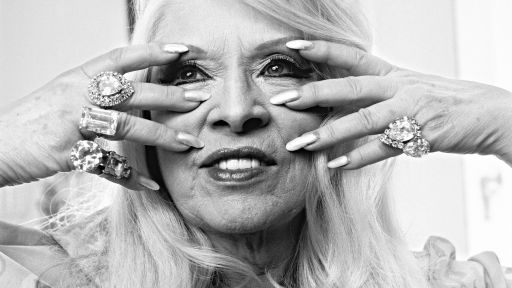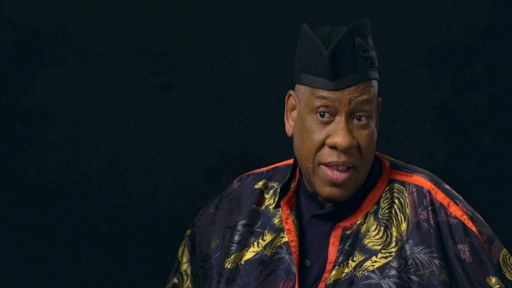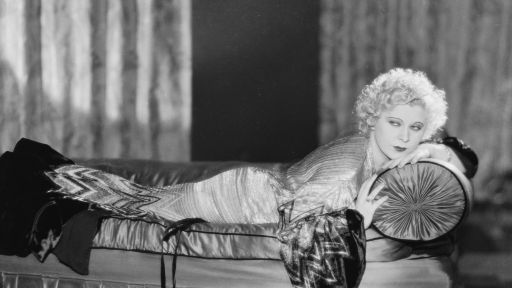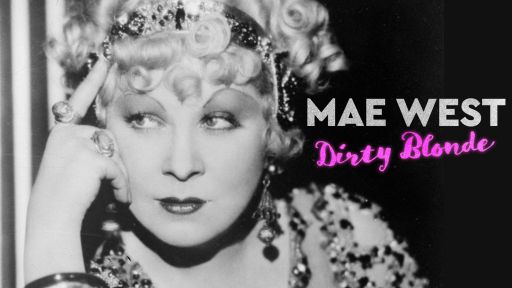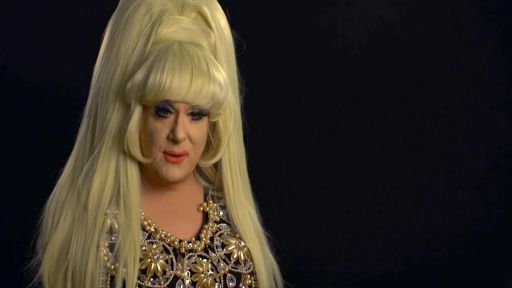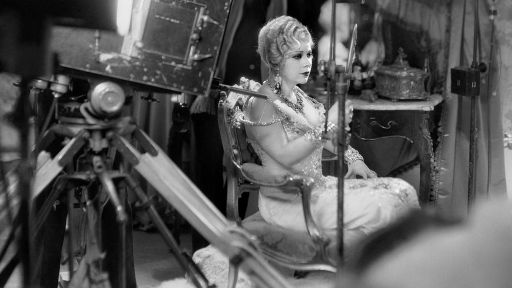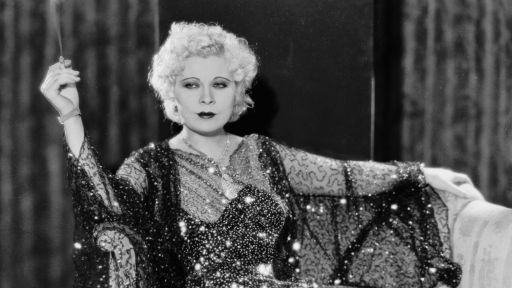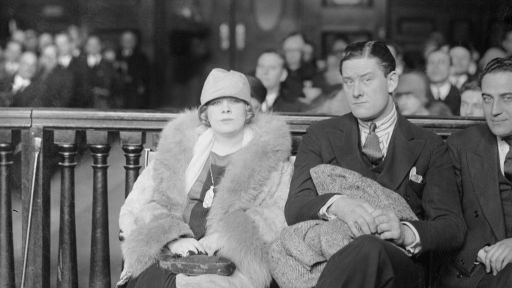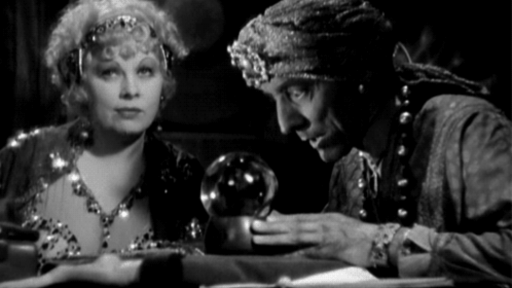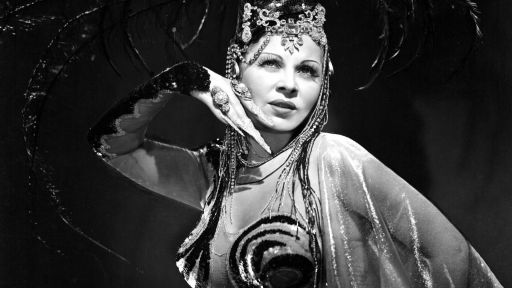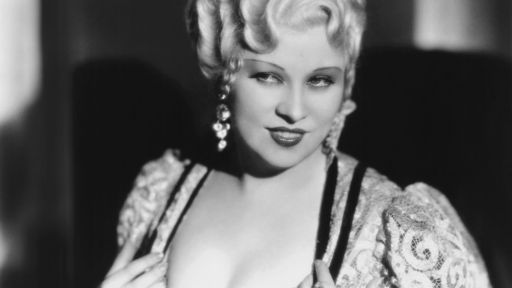Mae West: Dirty Blonde is the first major documentary film to explore Mae West’s life and career as she “climbed the ladder of success wrong by wrong” to become a writer, performer and subversive agitator for social change. West achieved great acclaim in every entertainment medium that existed during her lifetime, spanning eight decades of the 20th century. A full-time actress at seven, a vaudevillian at 14, a dancing sensation at 25, a Broadway playwright at 33, a silver screen ingénue at 40, a Vegas nightclub act at 62, a recording artist at 73, a camp icon at 85 – West left no format unconquered. She possessed creative and economic powers unheard of for a female entertainer in the 1930s and still rare today. Though she was a comedian, West grappled with some of the more complex social issues of the 20th century, including race and class tensions, and imbued even her most salacious plotlines with commentary about gender conformity, societal restrictions and what she perceived as moral hypocrisy.
“I’ve loved Mae West since the moment I saw her sashay across the screen in Night After Night, a movie in which she stole everything but the cameras. She created a persona she completely believed in, and never wavered from publicly or privately. One of the funniest women who ever lived, she made fun of sex at a time when the word was never uttered in polite society, and wrote plays that were so scandalous, she was arrested and sent to jail. A breath of fresh air on the Broadway stage, she singlehandedly saved Paramount Studios from bankruptcy, had legions of fans, and still does. A woman who believed she was the equal of any man, if not their superior, she continues to inspire with her humor, her glamour, and her brassy, sassy ways,” said executive producer Bette Midler.
Photo: General Photographic Agency/Getty Images

